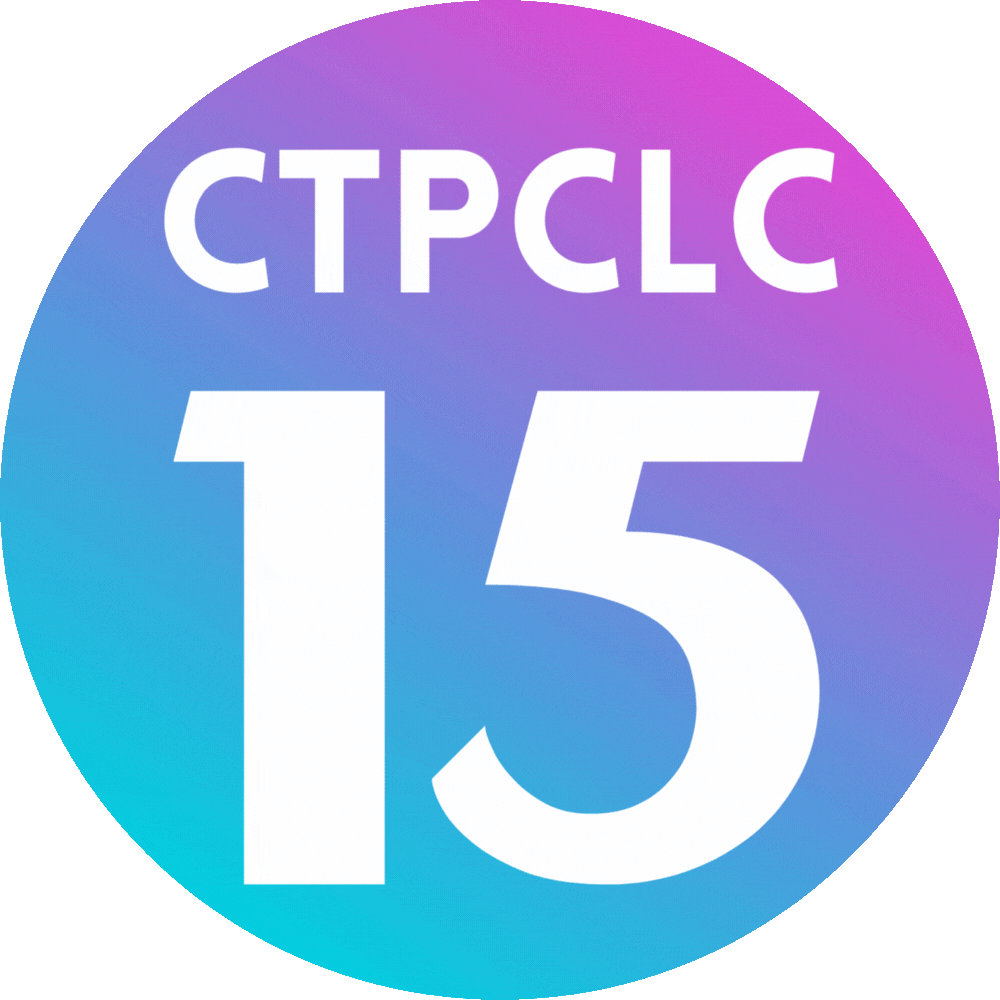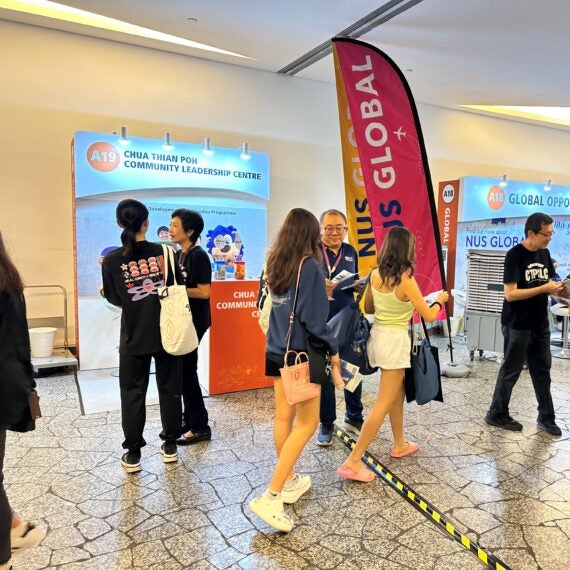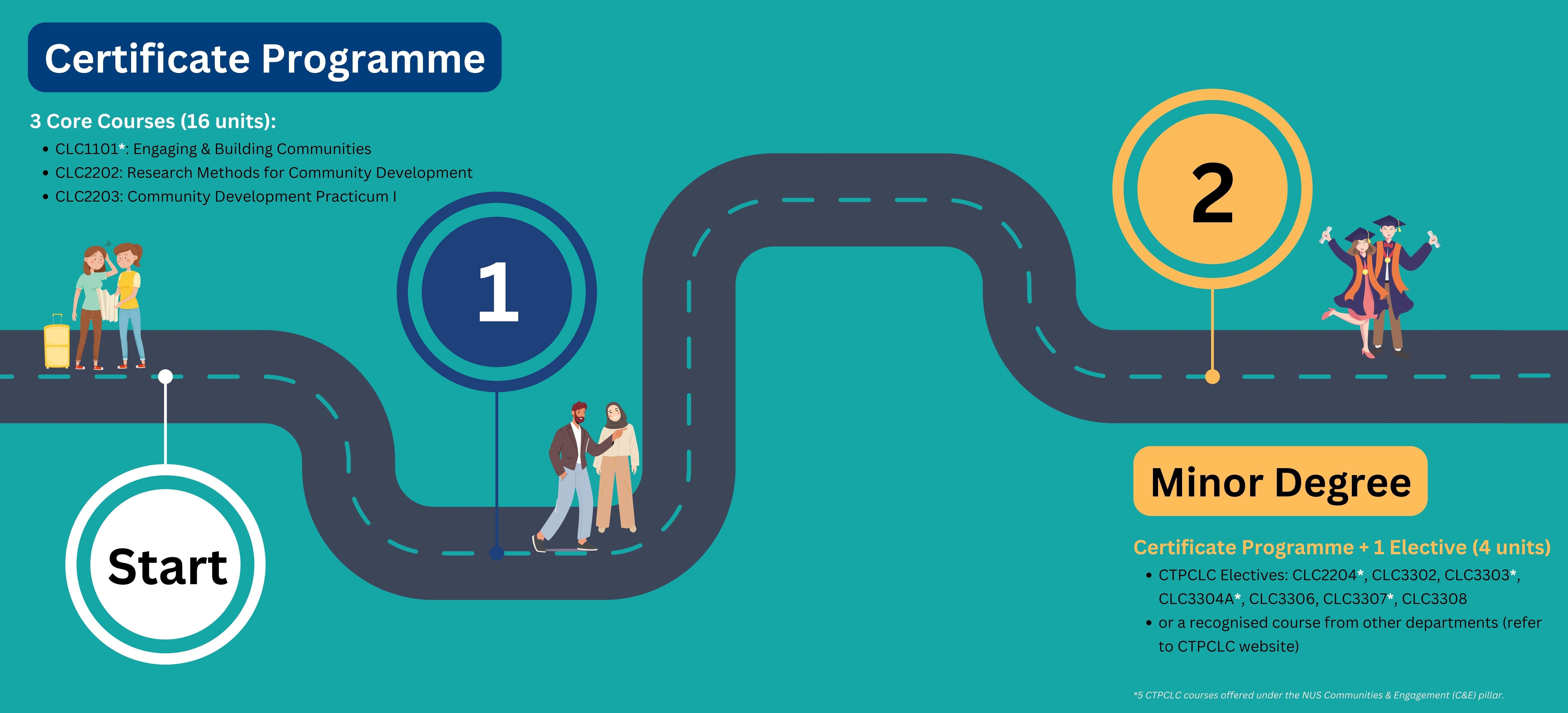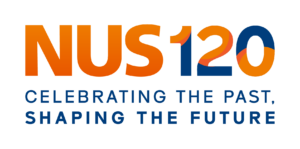Join us at the NUS Open House 2025 and Shape your Future!
The Chua Thian Poh Community Leadership Centre (CTPCLC) aims to nurture Singapore’s next generation of community leaders. Our Minor and Certificate programmes are open to all NUS undergraduates who are passionate about addressing social and community challenges in Singapore. As a CTPCLC student, you will be exposed to a range of community development and leadership courses designed to hone the intellectual and practical skills essential for future community leaders. Ignite your passion and shape the Community Leader in you at the NUS Open House 2025!
Hear from our students about what they enjoy in the CTPCLC courses. Gain useful tips as they share their personal experiences with new NUS undergraduates.
Click here for the transcripts / if you are unable to play the videos.
FAQs
Excited to find out more about your CTPCLC journey? Check out some frequently asked questions or join us at the NUS Open House 2025 on campus to find out more! For other inquiries, please email to ctpclc@nus.edu.sg.










